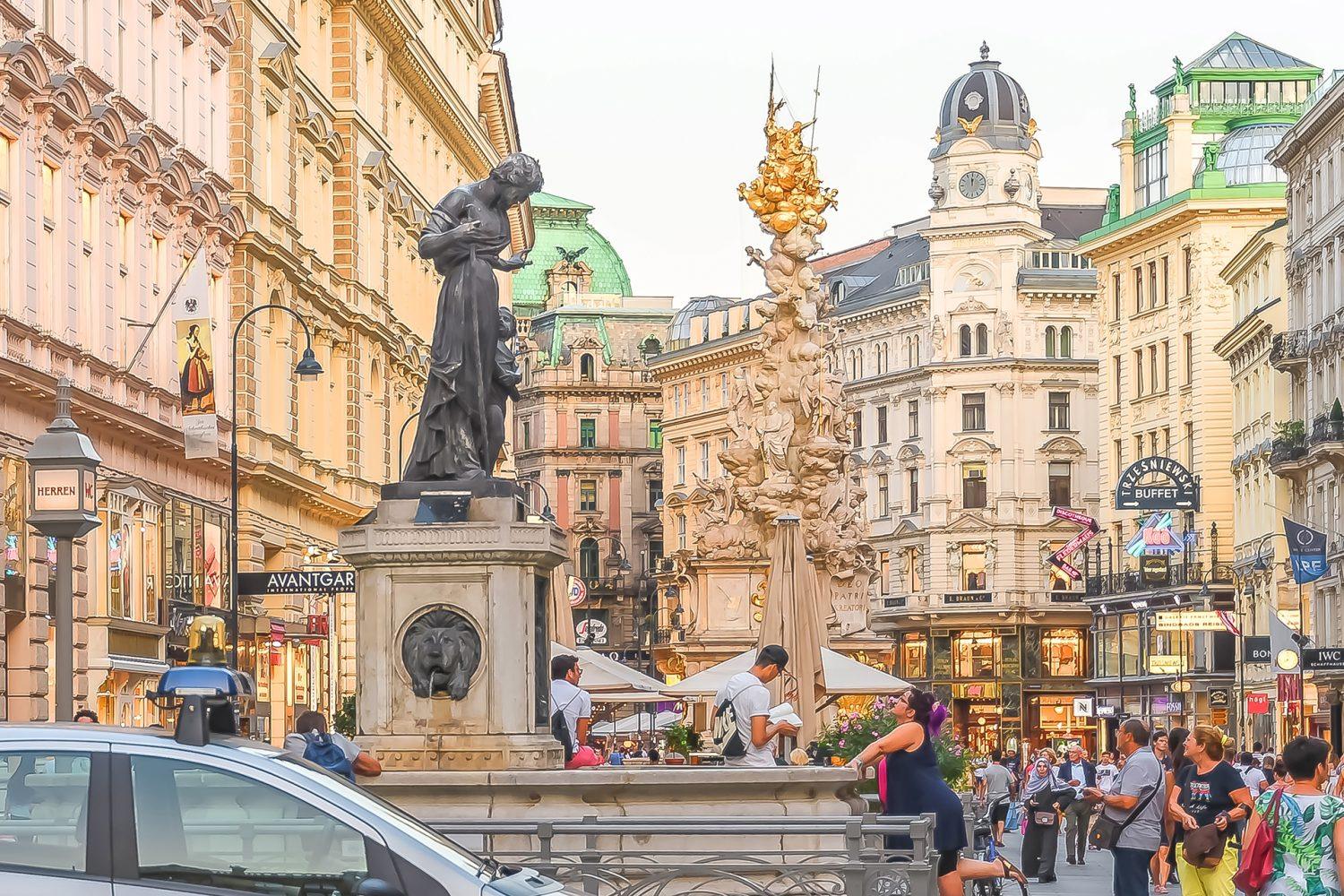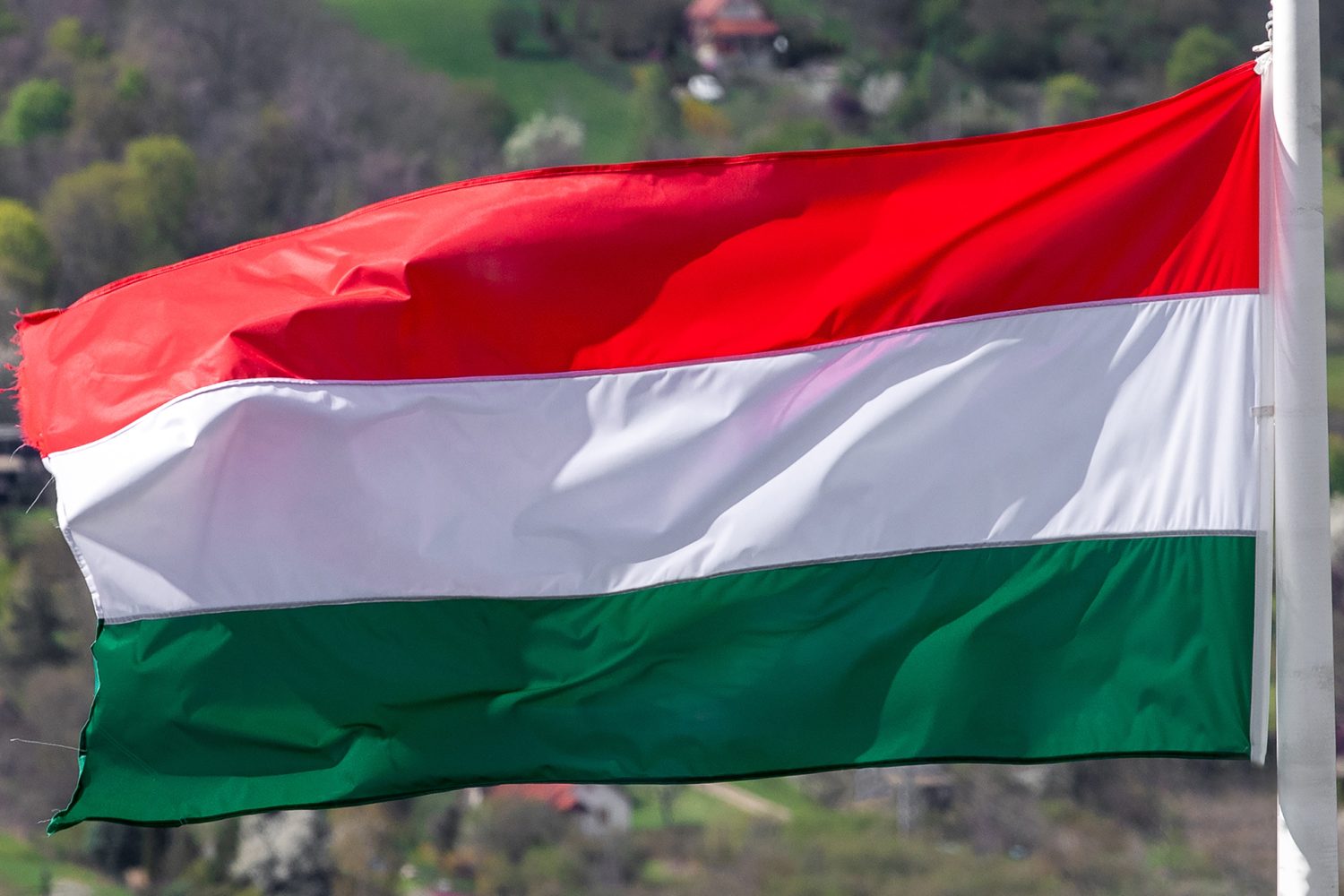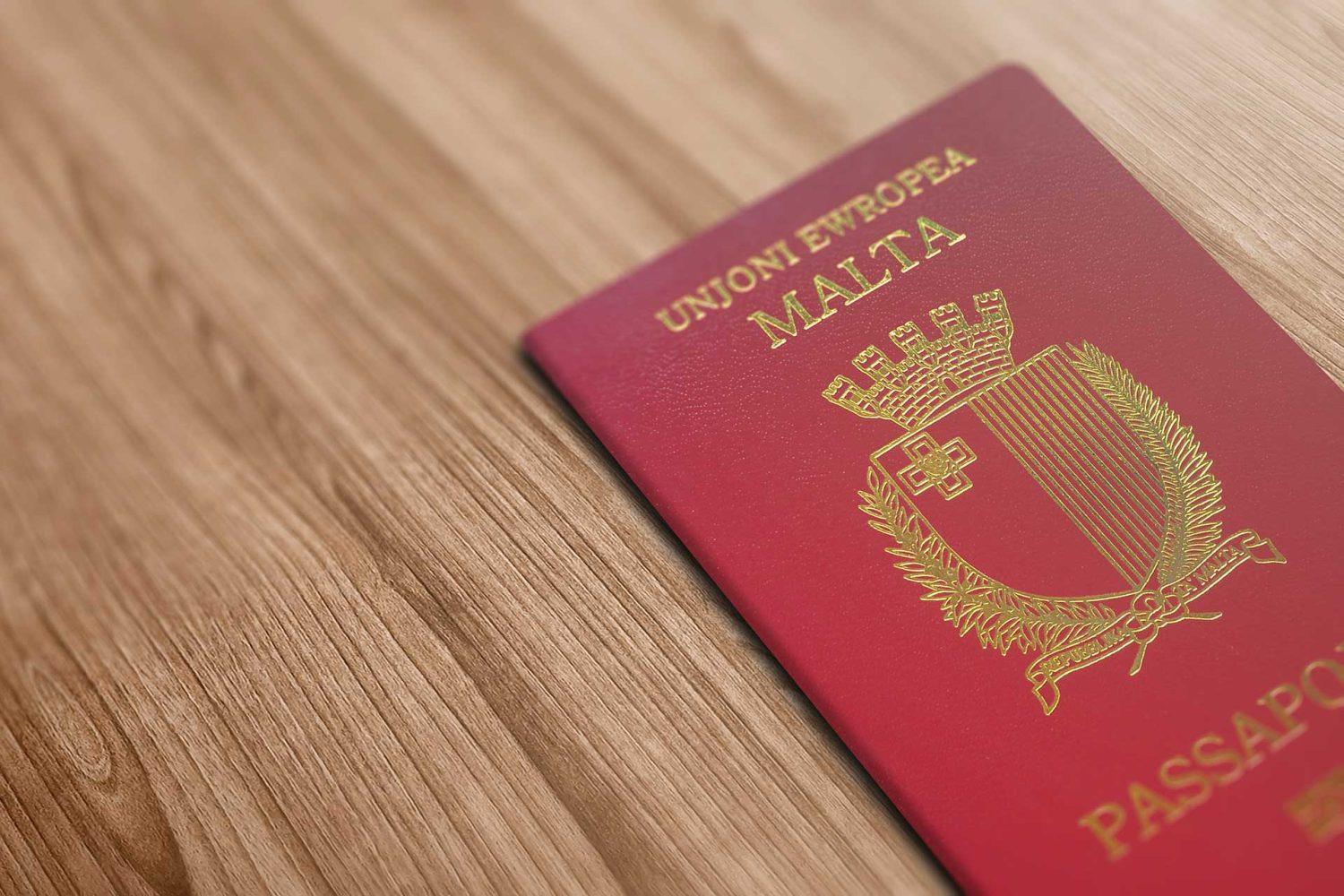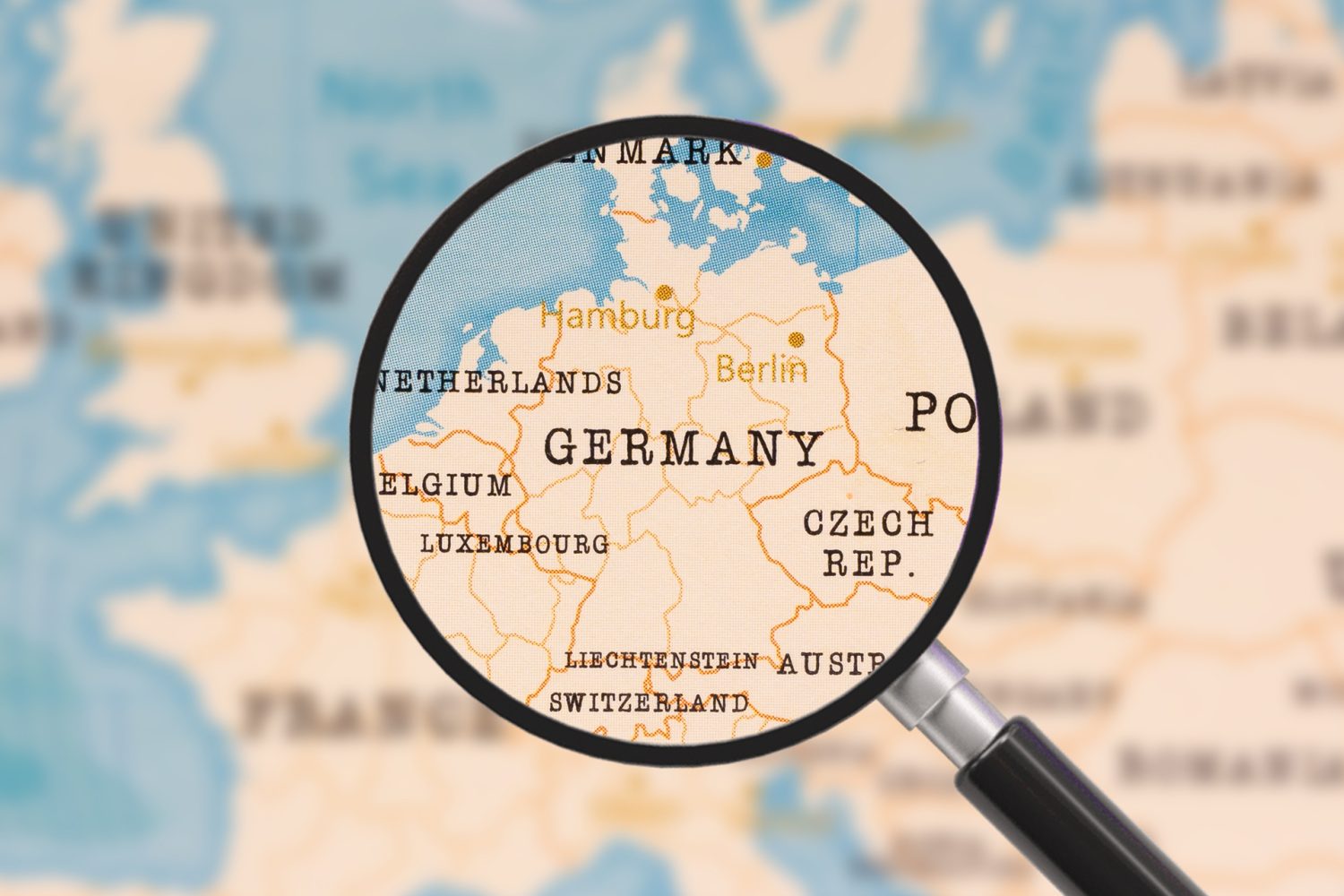
Diana Weber
Lawyer of international law
Rating:
15
January
Immigration to Austria for Permanent Residency
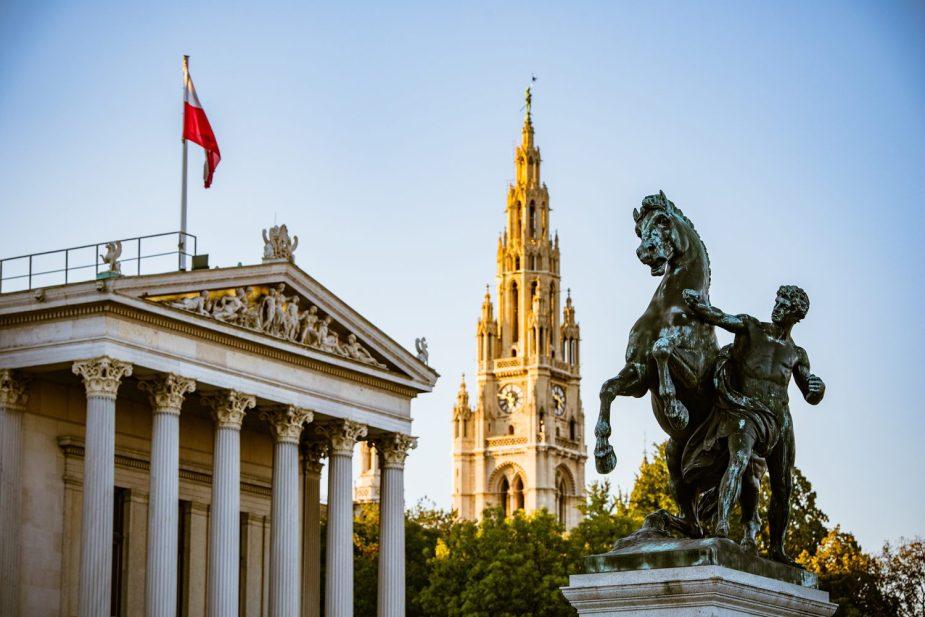
Permanent residence permit in Austria - a resident status, which gives you the right to permanent residence in the state and free access to the labor market. In general, it is issued 5 years after moving with a temporary residence permit, obtained, for example, for self-employment, family reasons or other legal grounds. You will also need to successfully pass the integration exam, prove the availability of a source of livelihood and housing in the country. Other requirements include law-abiding behavior, health insurance and immigration procedures.
The Republic of Austria is a member of a number of important international organizations, including the EU. As a permanent resident of an EU country, you receive many privileges, such as free employment, business development on the international market, participation in grant and scholarship programs, the opportunity to reunite with close relatives. In the future you can become a citizen of the republic if you fulfill the accompanying conditions of naturalization and spend at least 10 years on its territory. All important information about moving to Austria is collected in this article.
Most of those who want to get the status of permanent resident of Austria for the sake of indefinite stay in the state with a high standard of living. Also, the residence permit card gives you the right to:
All residents of Austria, including foreigners with permanent residence, are obliged to adhere to the norms of the national constitution and local laws. To ensure that your permanent residency status is not revoked, you must not leave the European Economic Area (EEA) for more than 12 consecutive months without a valid reason.
Immigrantinlaw's international law specialists can help you apply for an EU passport within 4 to 12 months and obtain all the rights of an Austrian citizen. Sign up for a free consultation to analyze your chances of participating in simplified immigration programs.
To obtain an Austrian residence permit, it is necessary to spend five years in the state with a temporary residence permit. Only the following categories of residence permit holders can count on permanent residency:
It is also possible to go to Austria with other types of residence permits, e.g., for education or as an intern, volunteer, seasonal worker. However, it is not possible to open a residence permit with them. You must, for example, complete your studies at a university, then go to work and get the corresponding resident card - only then you can count on the status of permanent resident.
Time in the country with a short-term residence permit can be counted partially in the period of sedentary (residence). For example, the period of stay as a student is divided in half.
To move to Austria for permanent residence, you must first find a legitimate reason for residency. If you intend to stay in the country for a long time, you should open a residence permit of the immigration type, for example, for labor or commercial activity or for family reasons. You will then need to fulfill the following conditions to acquire a permanent residence card:
To move to Austria for permanent residence, you need to pass a number of mandatory steps:
The easiest way to immigrate to Austria is with the help of Immigrantinlaw's international law specialists. Our specialized lawyers will guide you step-by-step through the process of obtaining the necessary residence permit, permanent residence permit or EU citizenship.
Submit an application form and we'll get back to you!
To obtain a permanent residence card in Austria, you prepare a dossier that includes the following documents:
In individual cases, additional documents (e.g., a criminal record certificate from your home country) may be required, as determined by the Austrian authorities. In general, it usually takes about a month to compile a dossier, depending on the availability and accessibility of the required certificates. The request is submitted to the authorized body in your federal state, usually the governor, local administration or magistrate. The time period for processing the request depends on the conditions of the particular state office.
Permanent residence in Austria is granted indefinitely. However, the residence card itself is issued for 5 years and can be extended without additional conditions. To do this, you must re-apply to the authorized body in your federal state 3 months before the expiration of the current document, submit an application and pay an administrative fee.
The residence permit can be revoked if you leave the EEA for more than a year (up to 24 months - if there is a valid reason, e.g., military service). The document is revoked if it turns out that you have committed fraudulent acts to obtain it. Permanent residence can also be revoked for unworthy behavior, for example, connections with prohibited organizations.
Austrian citizenship by naturalization is granted after 10 years of permanent residence in the republic. To do this, it is necessary to meet the same requirements as when obtaining a residence permit, retake the integration exams, as well as demonstrate loyalty to the state. It is also necessary to give up the passport in the homeland.
To make life in Austria comfortable, it is necessary to prepare for it thoroughly. Study the different nuances of immigration, which will allow you to assess the real chances of a comfortable adaptation.
The only official language in Austria is German. Ethnic minorities also speak Slovak, Hungarian, Czech. To obtain a residence permit you need to know German at a conversational level (B1). Your language skills are also taken into account in the scoring system when you apply for a temporary residence permit. You should move to Austria after mastering German at a basic level, and later you will need to attend integration courses or learn on your own. Residents of the republic are mostly fluent in English, which facilitates adaptation in society.
Austria is actively involved in the life of the population and provides various types of support for those who need it. You can receive benefits for health reasons, temporary incapacity for work, disability or age. Benefits are available for families with low incomes, maternity, reintegration and rehabilitation. Support also takes the form of comprehensive health care (subject to social insurance regulations), integration courses (e.g., for refugees), subsidies for housing and utilities.
The average annual salary in Austria is approximately 51,500 EUR before taxes. The minimum salary is set by collective agreements in each profession, but on average it is 1500 EUR per month. In many professions there is a shortage of employees, especially in areas that require higher technical or medical education. For successful employment it is desirable to know German or at least English, but at a high level. Depending on where you studied, you may need to have your diploma nostrified (recognized) for future employment.
Educational institutions in Austria are private and public. You can enroll your child in kindergarten at your own will, but schooling is compulsory for all children from the age of 6. There are preparatory classes (PreSchool), primary and secondary schools. Vocational schools are common, where a teenager can learn a particular profession before or instead of entering a university. For families with children, it is better to move and immediately sign up for a kindergarten waiting list or register your child in an educational institution according to age.
Austria does not offer foreign pensioners any special privileges for relocation. It is possible to take advantage of a family reunification program (e.g., with children) or to live as a financially independent person. Only those who have the appropriate length of service in the country receive pension payments.
Submit an application form and we'll get back to you!
To immigrate to Austria, you will need to pay administrative fees at each stage of the procedure. The cost of moving also depends on the distance you need to travel to the republic, the availability of housing or the need to rent/purchase it, the services of a real estate agent, trucking companies, a notary, an interpreter, and migration specialists. The table below summarizes the basic values of state fees for formal procedures.
| Category of expenses | Price, € |
| Temporary residence permit | 160 |
| Renewal of residence permit card | at opening cost |
| Submission of a request for a permanent residence | 210 |
| Notary services | 12–15 (per page) |
To reduce immigration costs, it is worth contacting the international law lawyers of Immigrantinlaw. They will find the most affordable option for you to move to Austria without long waiting times and complicated procedures.
The main advantage of moving to Austria is the opportunity to live in a country that ranks 8th in the world quality of life index according to Numbeo. The strengths of the state are a stable and developed economy, high-quality health care and education systems, high salaries and wide opportunities for profitable employment, significant support for small and medium-sized businesses. The needs of every resident, including people with disabilities, are taken into account in the republic. One can note the rule of law and democracy, political stability and a high level of security.
There are also minuses of living in Austria. Traffic jams are common in big cities like Vienna. Lack of doctors and private offices leads to long waits for appointments with narrow specialists. There is a lot of bureaucracy in state authorities, and one can wait for months for decisions on requests. Immigrants also complain about the low level of service in institutions, the peculiar mentality of Austrians and the difficulty of mastering the German language.
As immigrants report, moving to Austria is a complicated and not quick. Authorities take a long time to consider applications and may request additional documents. The list of immigration grounds in the country is small, and the requirements are significant, including language skills and financial security. According to feedback from those who have moved, it is best to organize the process with the help of lawyers. Then you cannot worry about the correctness of the collected dossier, waiting for the reception in the authorities and related issues.
Get more information about the peculiarities of immigration to the EU at a free consultation
In 2025, Austria introduced or announced several changes that significantly affect the conditions for obtaining permanent residence (Long-Term Resident – EU, Daueraufenthalt, etc.). Here are the key updates:
Austria has a strict migration policy and gives a chance to naturalize only to those who have family ties with local residents or whose activity is economically beneficial for the republic. Registration of citizenship here is very long - from 10 years from the moment of moving, and it requires a considerable stable income and knowledge of German at a conversational level.
It is easier, cheaper and faster to immigrate to Austria, if you get an EU passport under one of the simplified programs. EU citizens are equal to each other in the right to choose their place of residence in the territory of the association without any additional requirements. You can immigrate together with family members who will receive an Austrian residence permit in a simplified procedure. With the assistance of specialized lawyers, you will acquire a second EU citizenship in just 4-12 months.
EU countries such as Romania, Slovenia and Bulgaria grant citizenship without the requirements of prior residence with a residence permit/permanent residence permit, passing an integration exam and proof of financial security. You can find the optimal immigration path with the help of Immigrantinlaw's international law specialists. Our specialized lawyers will conduct a detailed analysis of your situation and draw up a personalized action plan to ensure that you receive a second EU passport in a short period of time and without major expenses. Sign up for a free consultation to learn more.
Immigration to Hungary for Permanent Residence
16 September
Moving to Hungary is an opportunity to live in an inexpensive, but economically developed and promising country of Eastern Europe...
Obtaining French Residence Permit for Foreigners
22 November
A residence permit in France is a document with which you can stay in the country for a long period...
How to Obtain Maltese Citizenship and Passport in 2026: A Complete Guide
14 March
Many people are interested in the conditions of citizenship registration in Malta - a warm, safe and inexpensive country located...
How to Get Citizenship of Greece
31 January
Citizenship in Greece is the legal conection between you and the country, regulated by the Constitution and related laws, providing...
Obtaining Spanish Residence Permit for Foreigners
5 August
Residence permit in Spain is a document that is granted to an immigrant for temporary residence in the country. The...
How to Get Сitizenship of Germany
15 April
German citizenship is a legal status of a physical person, confirming his stable mutual relationship with the state, which is...
Discover
new opportunities
with a European Union passport!
Submit the application form and we will call you back!
Leave a request
Contacts
